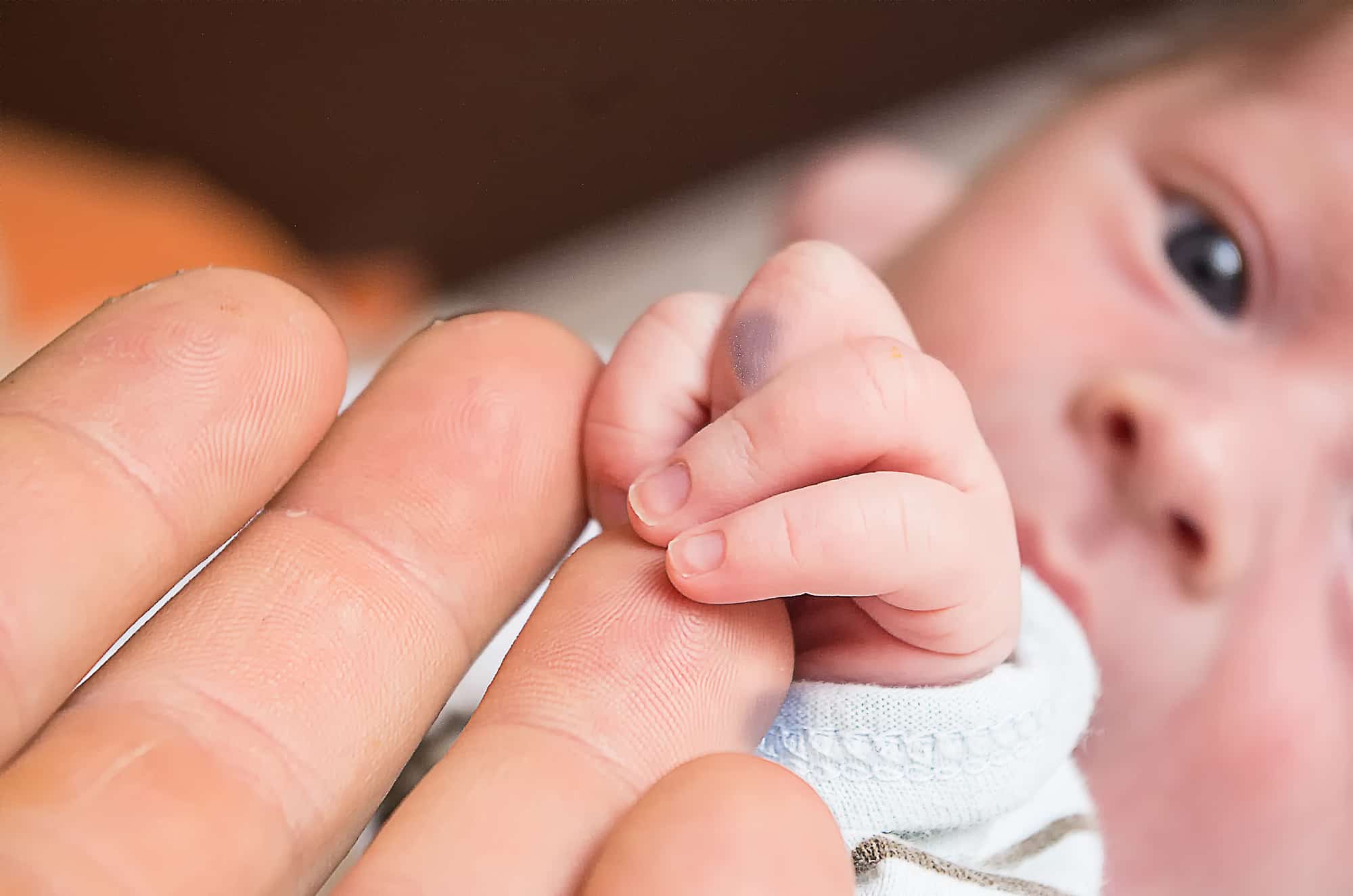How Planning Your Financial Future Changes With A New Baby
Expecting the birth of a new baby, especially if it is your first, is one of the most exciting times in a person’s life. But it also means making some changes when it comes to planning for your financial future. Raising a child is not cheap. According to the Department of Agriculture’s 2015 report, the average cost for raising a child from birth through the age of 17 is approximately $14,000 a year. Don’t stress though, we’ve put together a few tips to help you financially prepare for your new bundle of joy.
Preparing For Medical Costs
Before you even begin to worry about all the costs that will come along with buying everything your new baby needs such as clothes, toys, and equipment, you need to prepare for what having the baby will cost you. Review your current medical insurance coverage carefully and make sure you understand all the costs you will be responsible for. If your insurance plan includes a high deductible, you could be looking at out-of-pocket expenses throughout your pregnancy. Make sure you are prepared to pay your deductible and any exceeding out-of-pocket costs beyond your deductible. You should also plan for the unexpected, as delivery costs tend to significantly increase if complications arise.
Planning Maternity Leave
The next financial piece of planning for having a new baby is the amount of time you and your spouse want to spend on maternity/paternity leave. Maternity/Paternity leave time is essential to bonding with your new baby. Understanding your state’s laws and your company’s policies will significantly help you prepare for what you and your spouse want your leave time to look like. It is important to know whether you will be paid for this time, or if you will need to prepare in advance to lose your income, or a portion of your income, during your leave time.
Planning Your Post-Baby Budget
What you will need to buy on a regular basis will change after your baby arrives, so your budget will likely need to change as well. Review your current budget and add in the costs you know you will need to budget for with the new baby such as food, diapers, formula, wipes, etc.
Planning For Child Care
If you and your spouse both currently work, you need to consider what you will do for child care once your maternity/paternity leave time is over. Will you both continue to work? This means you will likely have to put baby in a child care center or with a private nanny, both of which can have huge costs that can equal a car payment or mortgage payment. Will one of you leave work and stay at home with baby? This will certainly make it easier for you to not have to worry about child care costs, but now you will need to plan for how you will replace your income or learn to live without it. Regardless of which decision you and your spouse make, it is sure to have a financial impact on your family.
Planning For Future Educational Costs
The Department of Agriculture’s cost of raising a child estimate does not account for additional educational costs, such as college expenses. Do you want to help your child pay for college? You will need to start planning for these expenses now, keeping in mind the increase in tuition expenses each year. Are you happy with the public schools in your area, or will you want your child to attend a private school? This is another educational expense you need to consider and prepare for.
Preparing Your Emergency Fund
Do you already have an emergency savings fund? If not, now is the time to start one. When you have children your potential for experiencing emergency costs increases, and the last thing you want is to find yourself in an emergency without the funds you need to get by and properly support your family. A good emergency fund savings will have enough in it to at least cover 3 to 6 months of living expenses if you were to lose your job.
Planning For Insurance Needs
Anytime you add a new member to your family, whether it be through marriage or birth, your insurance needs are going to change. You and your spouse will likely each need to review your life insurance coverage and determine if any changes need to be made to increase the amount of coverage you will each need. You may also want to consider adding a life insurance policy for your child. No one ever expects to face the tragic loss of a child so many people do not prepare for it, but life insurance policies for children are typically very inexpensive as they are designed simply to cover final expenses. You will also need to make sure your child is added on to your health insurance coverage once they are born.
If you are expecting your new bundle of joy, or thinking about having a baby in the future, contact your licensed Florida insurance agent at Fearnow Insurance to review all your current insurance coverage, discuss changes in coverage you may need in the future, and ensure you and your family are all financially protected for your future.

